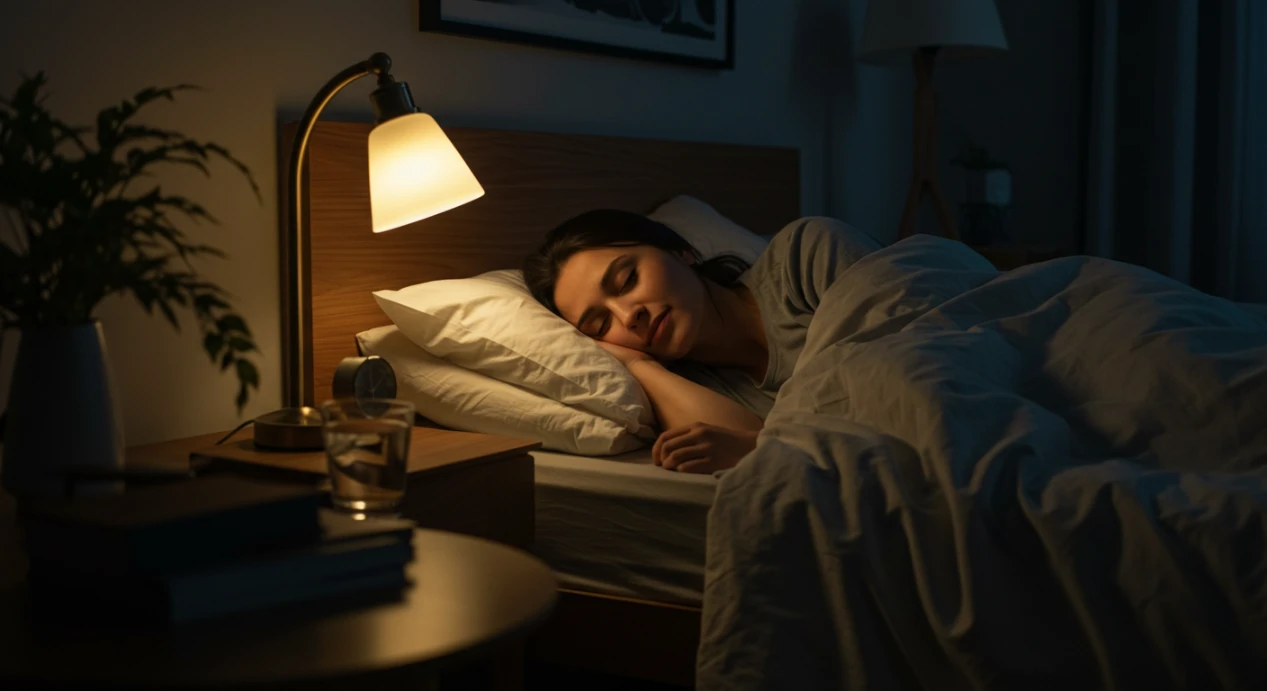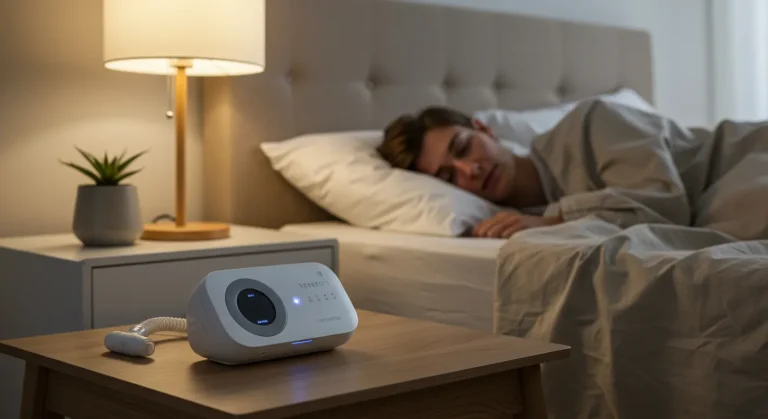Expert Tips for Overcoming Chronic Insomnia

Chronic insomnia is a persistent sleep disorder characterized by difficulty falling asleep, staying asleep, or waking up too early without being able to return to sleep. Unlike short-term insomnia, which may be triggered by stress or temporary changes in routine, chronic insomnia lasts for at least three months and occurs at least three times a week. It can significantly impact mental and physical health, leading to fatigue, irritability, decreased focus, and a heightened risk of chronic illnesses such as heart disease and diabetes.
Understanding the root causes of chronic insomnia is essential in finding an effective solution. Factors such as stress, anxiety, depression, lifestyle habits, and underlying medical conditions contribute to long-term sleep disturbances. Addressing these factors holistically ensures a comprehensive and lasting treatment approach.
Effective Strategies for Treating Chronic Insomnia
1. Cognitive Behavioral Therapy for Insomnia (CBT-I)
CBT-I is widely recognized as the most effective non-medical treatment for chronic insomnia. This structured, evidence-based approach helps individuals identify and change thoughts and behaviors that negatively impact sleep.
Key Techniques in CBT-I:
- Cognitive Restructuring: Replacing negative sleep-related thoughts with positive, realistic beliefs.
- Stimulus Control Therapy: Strengthening the association between the bed and sleep by eliminating activities like watching TV or using a phone in bed.
- Sleep Restriction Therapy: Reducing time spent in bed awake to improve sleep efficiency.
- Relaxation Techniques: Practicing mindfulness, meditation, and deep breathing exercises to calm the mind before sleep.
A sleep specialist for chronic insomnia can guide individuals through CBT-I to ensure long-term success.
2. Lifestyle Adjustments for Better Sleep
Your daily habits play a crucial role in your ability to sleep well at night. Making targeted lifestyle changes can greatly improve sleep quality.
Healthy Sleep Hygiene Practices:
- Maintain a Consistent Sleep Schedule: Going to bed and waking up at the same time every day regulates your body’s internal clock.
- Create a Sleep-Inducing Environment: Keep your bedroom cool, dark, and quiet to promote restful sleep.
- Limit Screen Exposure Before Bed: Blue light from screens suppresses melatonin production, making it harder to fall asleep.
- Reduce Caffeine and Alcohol Intake: Both substances can disrupt sleep cycles and contribute to nighttime awakenings.
- Engage in Regular Physical Activity: Exercise can help regulate sleep patterns but should be done at least a few hours before bedtime.
3. Medical Treatments and Interventions
For some individuals, lifestyle adjustments and behavioral therapies may not be sufficient. In such cases, consulting a healthcare provider can help determine whether medical interventions are necessary.
Medication Options for Chronic Insomnia:
- Prescription Sleep Aids: Medications such as zolpidem and eszopiclone may be used short-term under medical supervision.
- Melatonin Supplements: Helps regulate the sleep-wake cycle, particularly in individuals with circadian rhythm disorders.
- Over-the-Counter Sleep Aids: These may provide temporary relief but should not be relied upon as a long-term solution.
A comprehensive consultation with a sleep specialist for chronic insomnia can help tailor the right treatment plan based on individual needs.
4. Seeking Professional Help
If chronic insomnia persists despite self-help strategies, professional intervention may be required. Sleep specialists and insomnia counseling services provide in-depth assessments and personalized treatments.
When to See a Sleep Specialist:
- Your sleep disturbances last for more than three months.
- Insomnia significantly impacts daily life and productivity.
- You experience symptoms of sleep disorders such as sleep apnea or restless leg syndrome.
At Vector Sleep Clinic, our team of experts provides evidence-based treatments tailored to your unique sleep challenges. Contact us at +1 718-830-2800 or email vectorsleep@gmail.com to schedule a consultation.
Alternative and Holistic Approaches
1. Mindfulness and Relaxation Techniques
Mindfulness-based therapies help reduce stress and anxiety, which are common triggers of chronic insomnia.
Effective Relaxation Practices:
- Guided Meditation: Helps in calming the mind and preparing the body for sleep.
- Progressive Muscle Relaxation: Relieves physical tension that can interfere with sleep.
- Aromatherapy: Essential oils such as lavender and chamomile promote relaxation and sleep.
2. Dietary Changes for Better Sleep
The food you eat can impact sleep quality. A balanced diet that includes sleep-promoting nutrients can enhance sleep naturally.
Best Foods for Sleep:
- Magnesium-Rich Foods: Nuts, seeds, and leafy greens help relax muscles and nerves.
- Tryptophan-Containing Foods: Turkey, dairy, and bananas support melatonin production.
- Herbal Teas: Chamomile and valerian root tea can have a calming effect.
Frequently Asked Questions (FAQs)
1. How do I know if I have chronic insomnia?
If you have trouble falling or staying asleep at least three times a week for over three months, you may have chronic insomnia. Consulting a sleep specialist can confirm the diagnosis.
2. Can chronic insomnia go away on its own?
In some cases, insomnia may improve with lifestyle changes. However, persistent insomnia often requires structured treatment like CBT-I or medical intervention.
3. What is the fastest way to cure chronic insomnia?
There is no instant cure, but CBT-I, sleep hygiene improvements, and relaxation techniques offer long-term relief.
4. Is medication necessary for chronic insomnia treatment?
Medication is usually a last resort. Behavioral therapies and lifestyle modifications are the preferred first-line treatments.
5. How can I naturally improve my sleep?
Following good sleep hygiene, engaging in regular exercise, and practicing relaxation techniques can significantly enhance sleep quality.
6. What role does stress play in chronic insomnia?
Stress is a major contributor to chronic insomnia. Managing stress through mindfulness, therapy, and lifestyle changes can improve sleep.
7. Can a sleep specialist really help with long-term insomnia?
Yes, sleep specialists provide tailored treatment plans based on scientific approaches like CBT-I and medical assessments.
8. How long does it take to see improvement in chronic insomnia treatment?
Most individuals notice improvement within a few weeks to a couple of months, depending on the severity of their condition and the treatment approach used. For expert guidance on overcoming chronic insomnia, reach out to Vector Sleep Clinic at +1 718-830-2800 or vectorsleep@gmail.com. Our sleep specialists are here to help you achieve restful and rejuvenating sleep.






